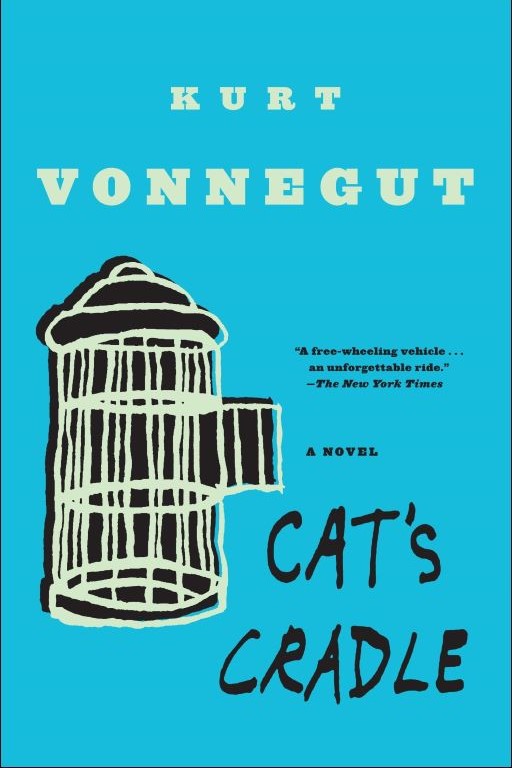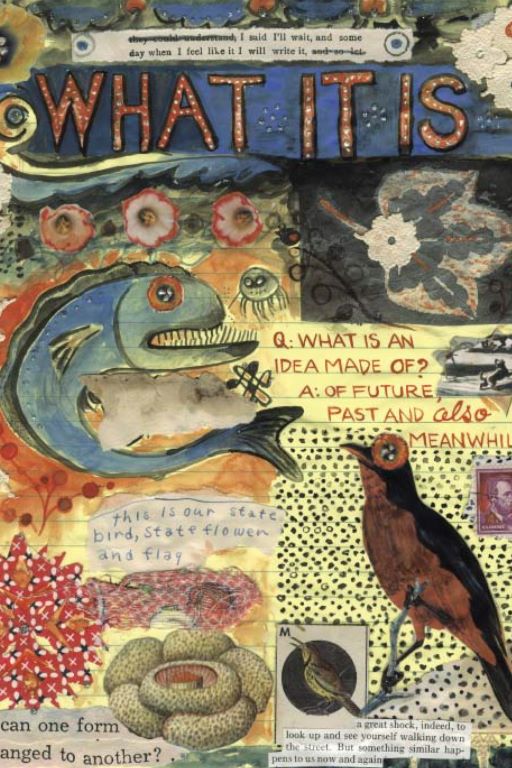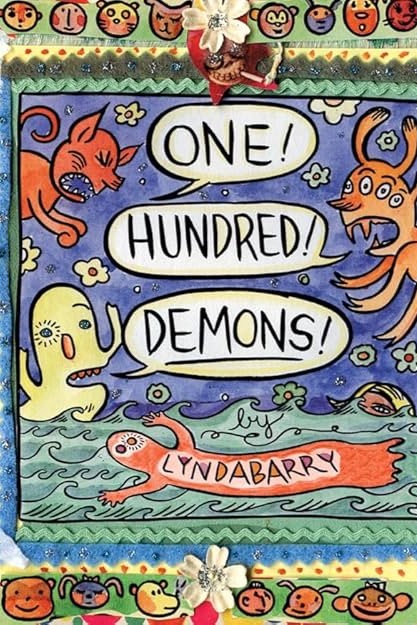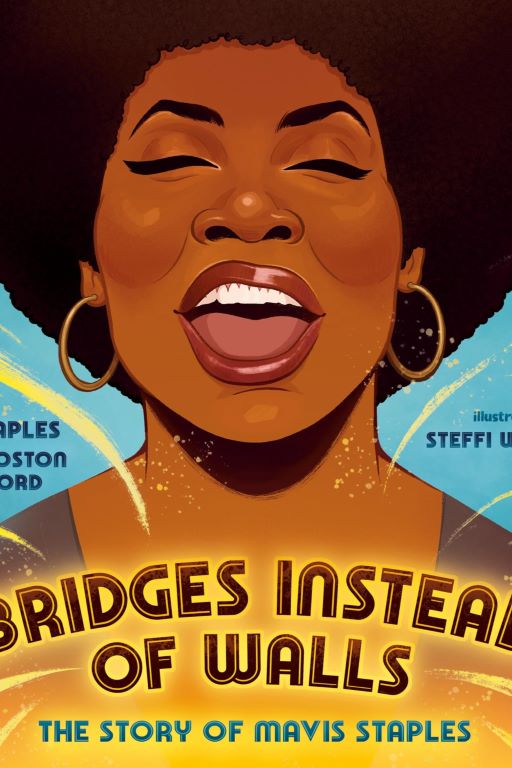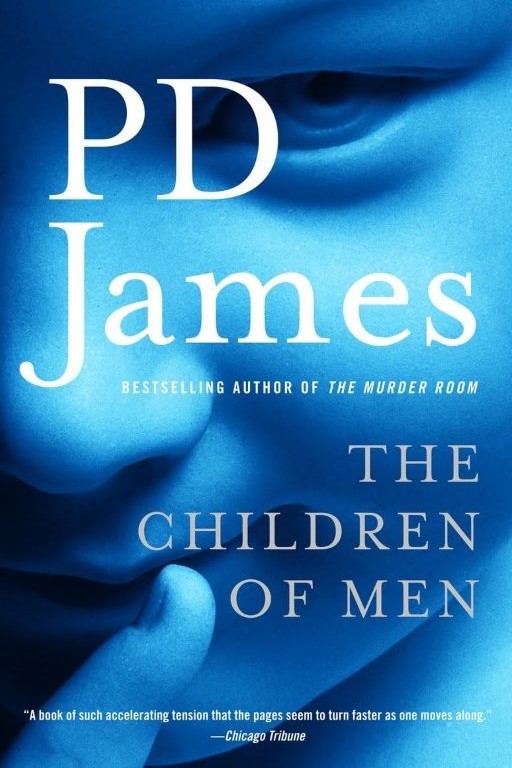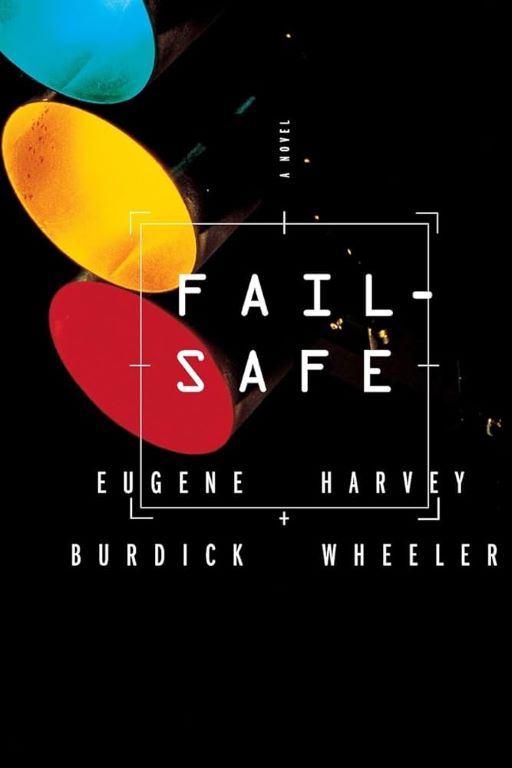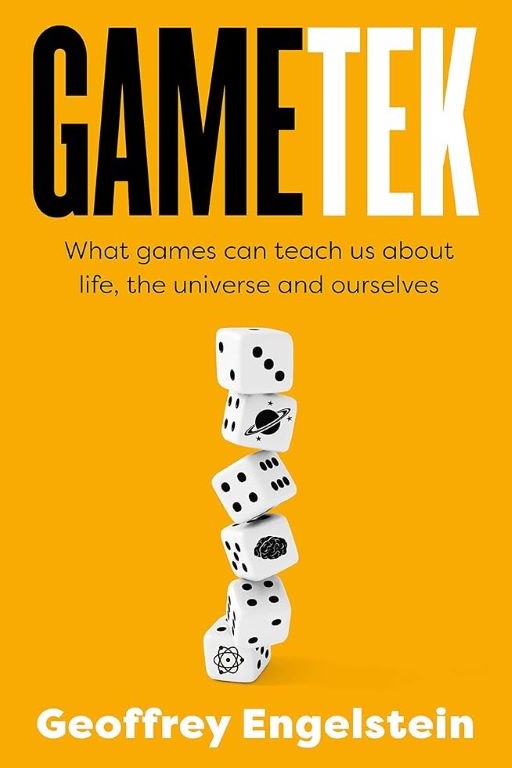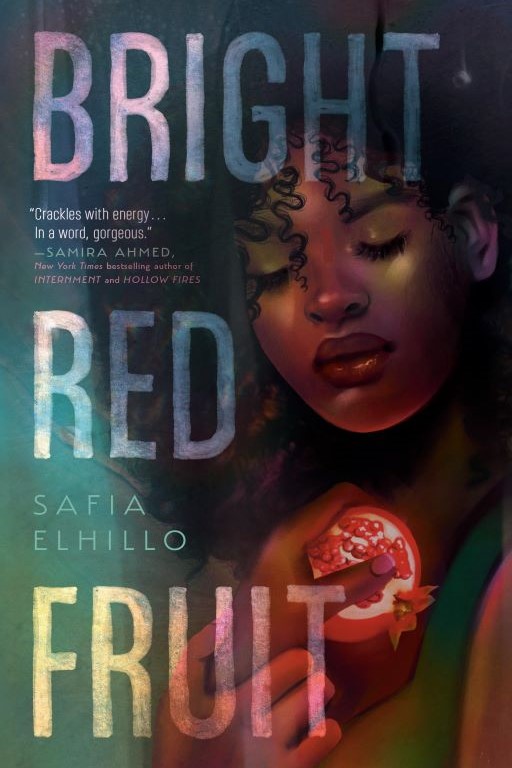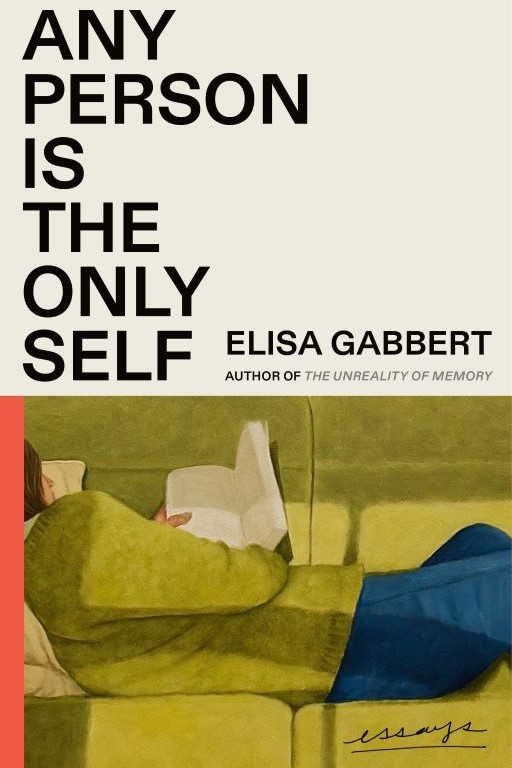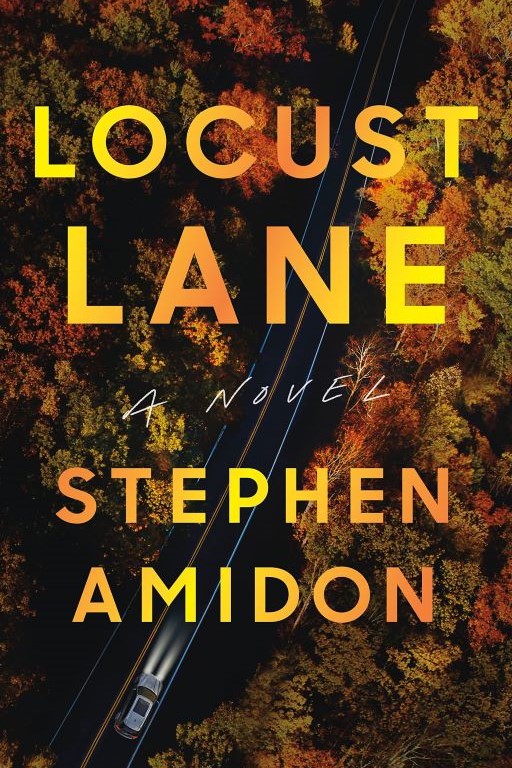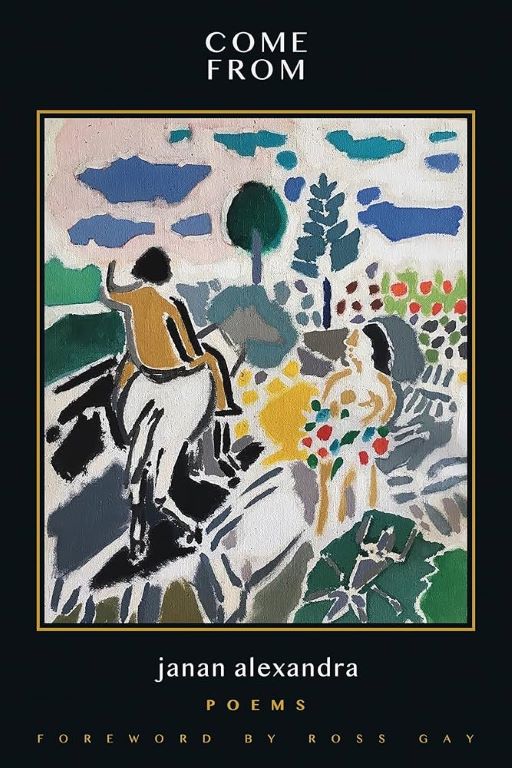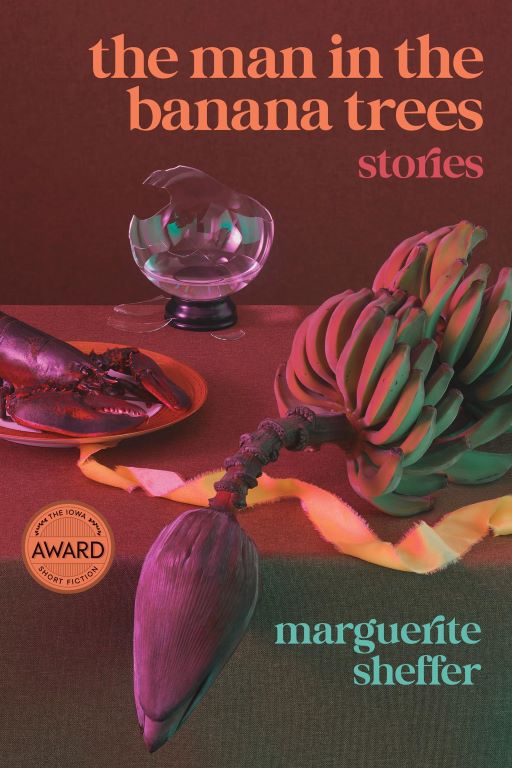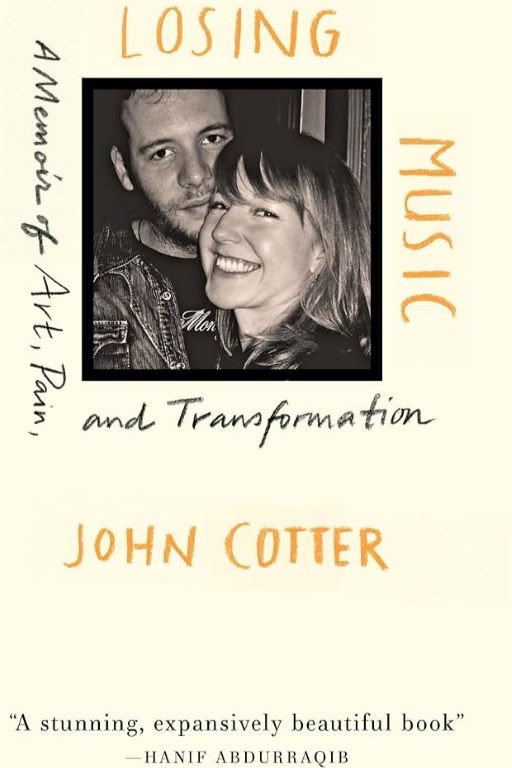Granfalloon brings together musicians, artists, thinkers, and good people from all walks of life for a celebration of art, ideas, and community. This includes a variety of writers whose works are featured, discussed, and read throughout the festival. Below are descriptions of works by our guest writers, many of whom hail from Indiana and all of whom we are proud to call members of our karass.
To see the bookshelves of previous festivals and related writings and archives, be sure to check out the IU Libraries Collaborative Research Guide.


